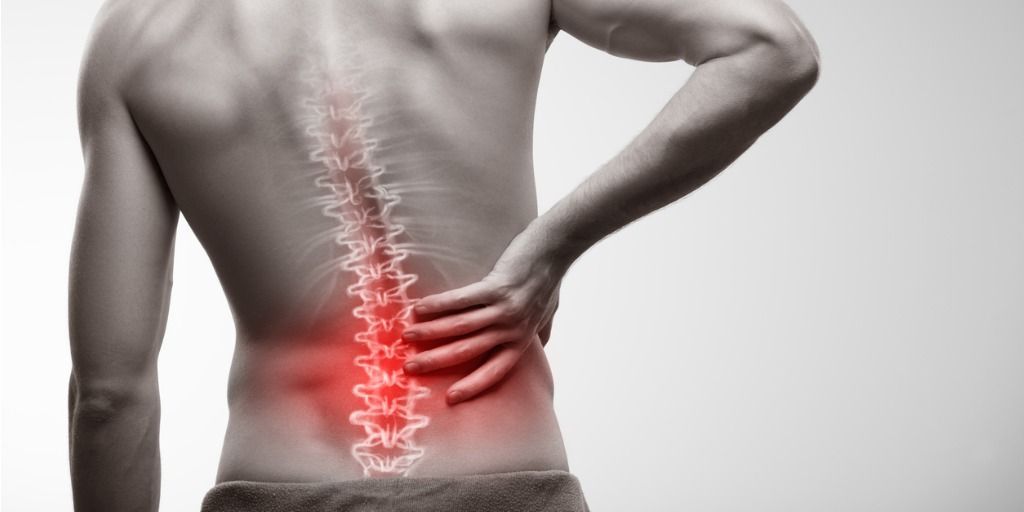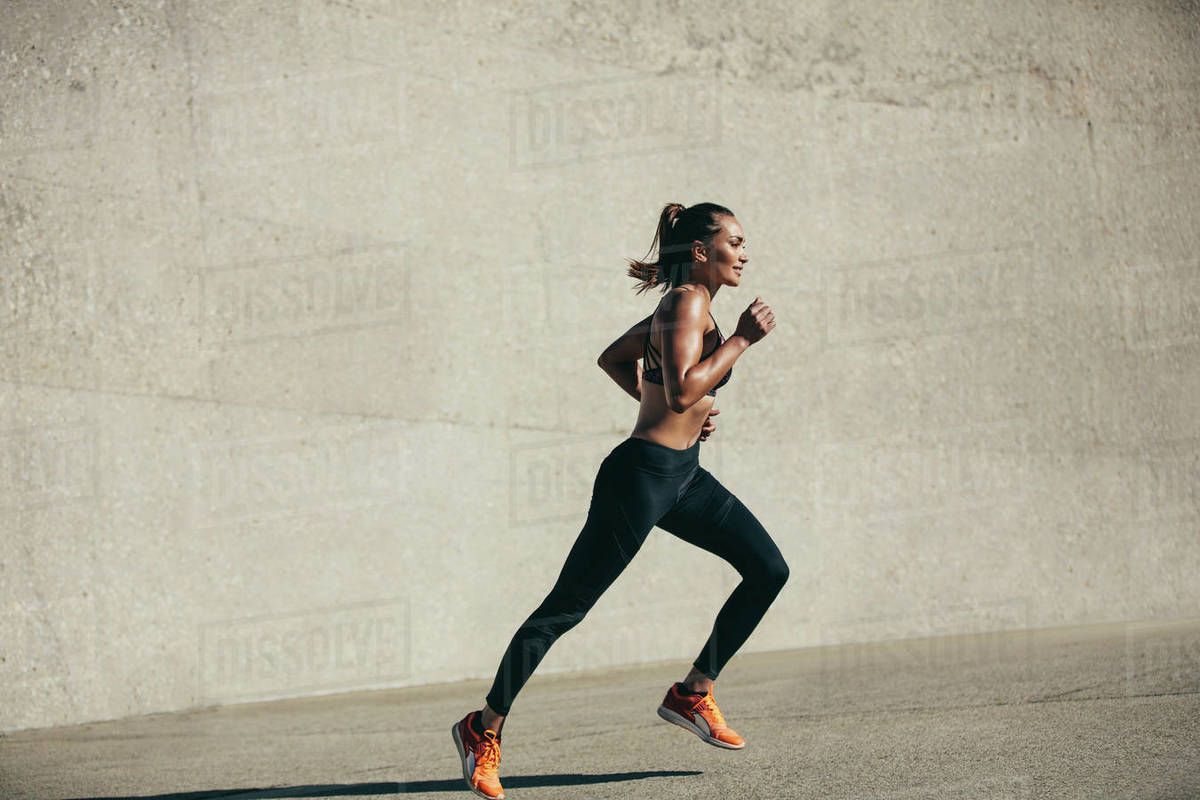Why do we get muscle cramps?
Have you ever been woken up during the night by a sudden painful muscle cramp? These can occur at any time whether it’s during our sleep, pregnancy, or during strenuous physical exercise. But have you wondered why is this happening?
Muscle cramps are sudden, involuntary, and painful muscle contractions which self-extinguish within seconds to minutes. Any muscle can be affected but the muscles in the calf and foot are particularly prone to happen more than others. The exact cause of cramps is still unknown but there are some risk factors as to why this is occurring: poor physical condition, mineral and electrolyte imbalance (potassium, sodium & magnesium), dehydration or tight and fatigued muscles. What generally happens, is you feel a sudden sensation of uncontrollable and painful spasm in the muscle and it twitches.
There are treatment options or preventative strategies that can help, but there isn’t enough research yet to understand which treatment or strategy works best. Nevertheless, there are interventions available for the treatment. These treatment options include:
- Stretch and massage the affected muscle – lengthen the cramping muscle using a gentle, sustained stretch then lightly massage the area until the cramp subsides.
- Decrease exercise intensity - ensure you are getting enough rest after your physical activity.
- Sports Drinks- These contain electrolytes and minerals including sodium, potassium, magnesium, and chloride. They are essential for muscle health and help the body to absorb water.
- Pickle Juice- it’s becoming a popular treatment especially in the high-level athlete world but more research is to be completed.
- Further treatment – see your doctor if you experience regular muscle cramping or if cramps last longer than a few minutes. You may have an undiagnosed medical condition that requires treatment.
There also some strategies we can use to prevent muscle cramps from occurring. These are some suggestions which you can apply to reduce the likelihood of them happening.
- Increase your level of physical fitness.
- To do reasonable/moderate stretching before exercise.
- To respect pause/rest during exercise and/or between exercises/competition.
- Drink plenty of water before, during and after exercise.
- Make sure your diet is nutritionally adequate and include plenty of fruits and vegetables.
If you notice that you are getting muscle cramps on a regular basis or the pain is severe, it’s best to book in a visit with your GP as there could be some underlying medical issues.
References:
Qiu, J & Kang, J. (2017) The Scientific Pages of Sports Medicine. Exercise Associated Muscle Cramps- A Current Perspective. 3-14
Miller.K.C, Stone. M.S, Huxel.K.C & Edwards. J. E (2010). Sports Health Atheltic Training. Exercise-Associated Muscle Cramps: Causes, Treatment, and Prevention. 278-281




